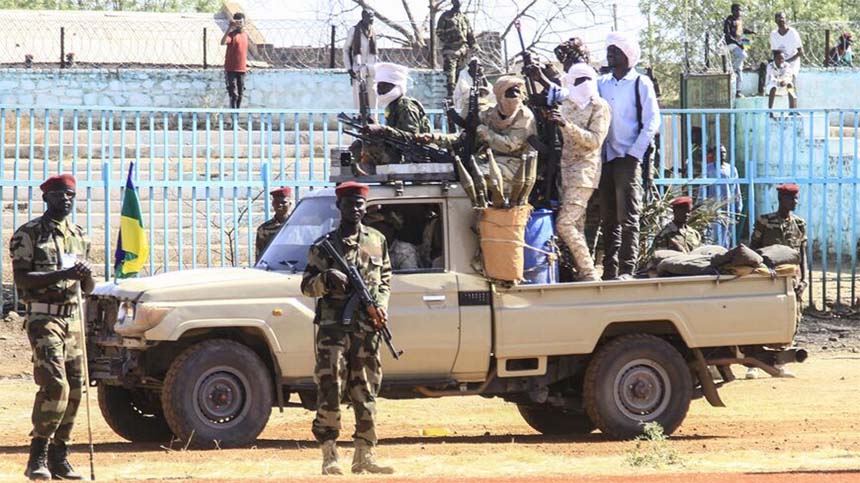Al Jazeera :
The United Nations human rights chief has expressed horror over the escalating violence in Sudan’s North Darfur region as a top humanitarian official described the worsening situation on the ground as “hell of Earth”.
Hundreds of thousands of displaced people are sheltering in el-Fasher without basic supplies amid fears that nearby fighting will turn into an all-out battle for the city, the last stronghold of the Sudanese Armed Forces (SAF) in the western Darfur region
Its capture would be a major boost for the rival Rapid Support Forces (RSF) as regional and international powers try to push the sides to negotiate an end to a 13-month war.
People who are currently in el-Fasher have said “the situation is like hell on Earth, where they could lose their lives at any day,” Toby Harward, the UN deputy humanitarian coordinator for Sudan, told Al Jazeera. “There is active conflict going on, artillery attacks by the Rapid Support Forces as well as air bombardments by the Sudanese Armed Forces that are leading to new displacements,” he said on Friday. “People are trying to flee, to get to safer areas but are finding them very very hard to do.”
The UN human rights office said at least 58 people have been killed around el-Fasher since last week.
Spokesperson Ravina Shamdasani said UN High Commissioner Volker Turk had phone calls this week with army chief General Abdel Fattah al-Burhan and RSF leader Mohamed Hamdan Dagalo, urging them to de-escalate.
He warned both that the fighting in el-Fasher, where more than 1.8 million residents and internally displaced people are currently encircled and at imminent risk of famine, “would have a catastrophic impact on civilians, and would deepen intercommunal conflict with disastrous humanitarian consequences”, Shamdasani told a news briefing in Geneva on Friday.
Harward said an estimated 1,000 new refugees cross the border from Darfur every day to neighbouring Chad.
“When they are asked why they are crossing, they say that they do not have food to survive if they remain inside Darfur,” he said.
“If the conflict in Darfur gets worse, we will be seeing another exponential rise of refugees crossing the border into Chad,” which already hosts more than 900,000 refugees who fled Sudan.
While mediation efforts between the warring sides are continuing, he appealed to donors for the quick release of funding for humanitarian relief.
Jens Laerke, spokesperson for the UN’s Office for the Coordination of Humanitarian Affairs (OCHA), said that as of Friday, only 12 percent of the $2.7bn being sought for Sudan has been raised.
‘Hell on Earth’ as violence escalates in Sudan’s el-Fasher



